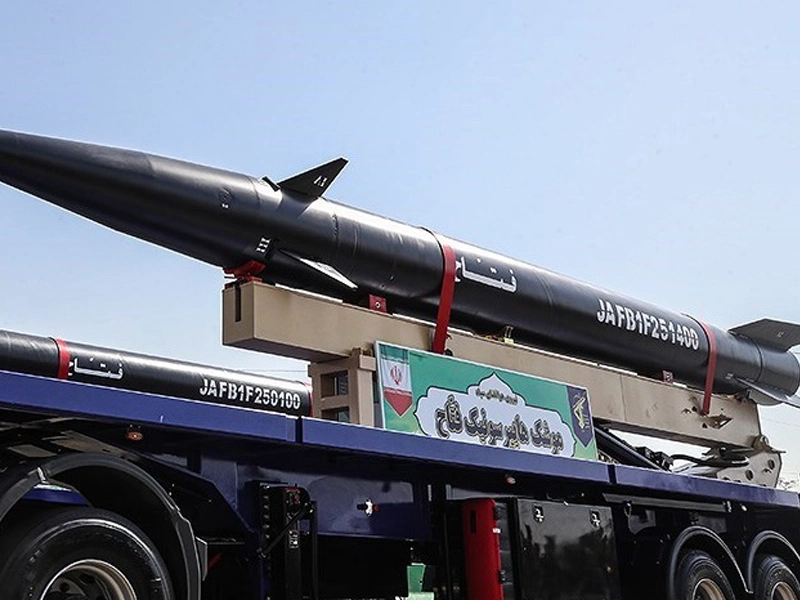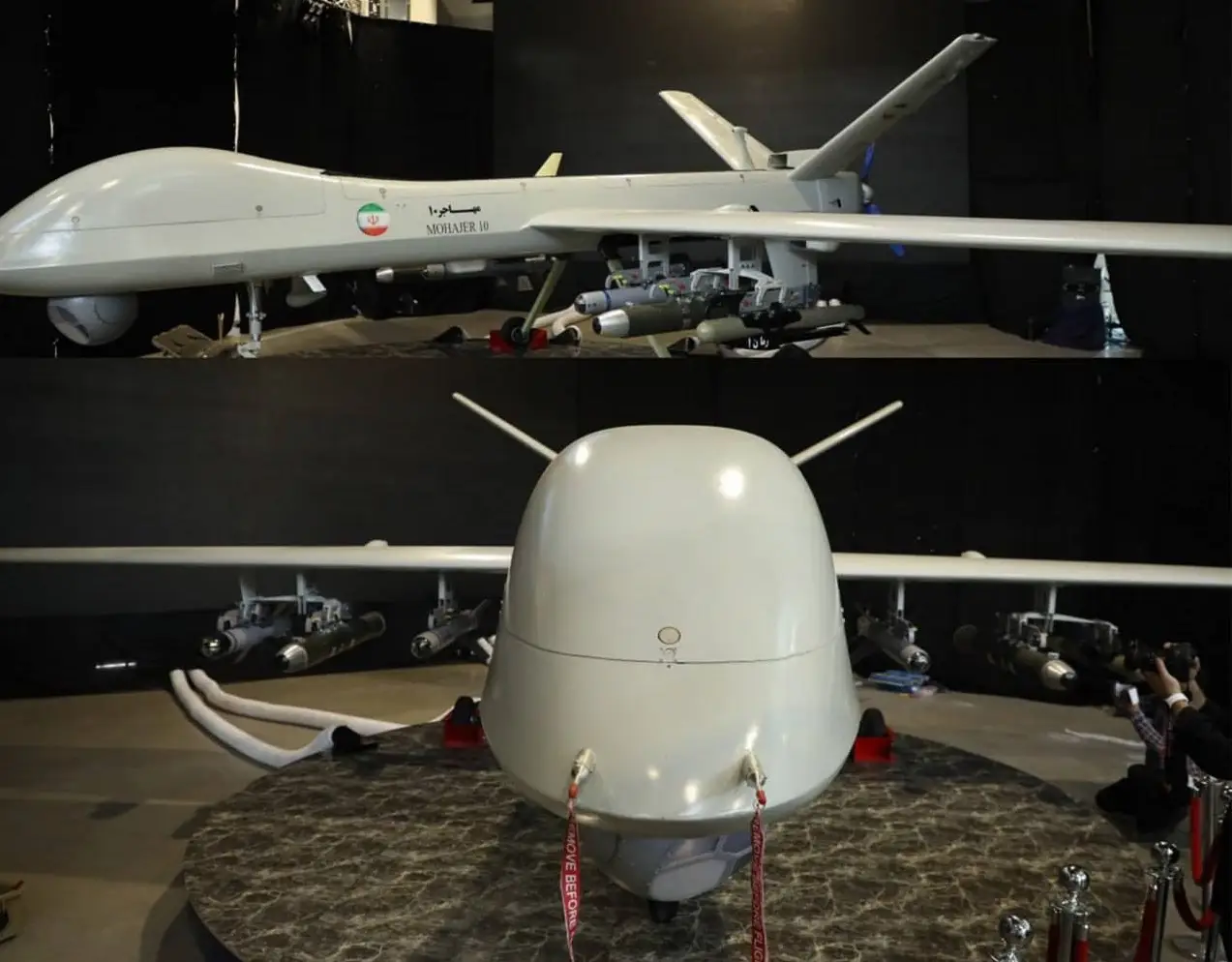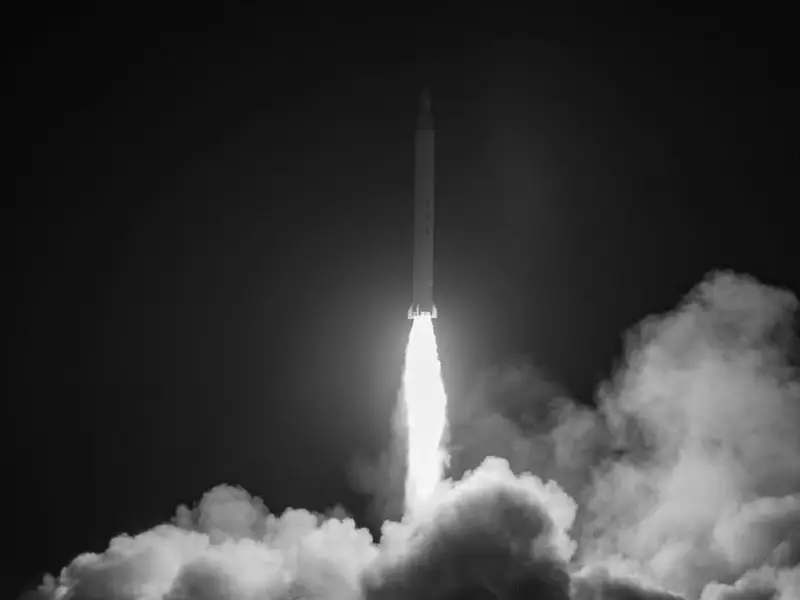Hypersonic Missiles: Features, Capabilities, and Countries Possessing This Technology
Definition of Hypersonic Missiles
Hypersonic missiles are among the most advanced modern military technologies, recognized for their incredible speed, high maneuverability, and unique battlefield capabilities. These weapons are seen as one of the key tools in future warfare. This article examines their specifications, the countries possessing this technology, and their special capabilities, with a final focus on Iran’s advancements in this field.
Specifications of Hypersonic Missiles
Hypersonic missiles are defined as missiles capable of traveling at speeds exceeding Mach 5 (five times the speed of sound). They are generally designed in two main types:
- Hypersonic Glide Vehicles (HGVs):
These missiles are launched via ballistic rockets and separate from them at a certain stage, gliding through the Earth’s atmosphere at high speeds. They possess exceptional maneuvering capabilities, making them extremely difficult to track and intercept. - Hypersonic Cruise Missiles:
Equipped with ramjet or scramjet engines, these missiles maintain high speeds throughout their trajectory by continuous propulsion. Unlike glide vehicles, these missiles actively use thrust throughout their journey.
Unique Capabilities of Hypersonic Missiles
- Extraordinary Speed:
The high speed of these missiles significantly reduces the enemy's reaction time, making defense against them highly challenging. - High Maneuverability:
Hypersonic missiles can change their trajectory mid-flight, making them extremely difficult to detect and intercept by air defense systems. - High Penetration Capability:
Their speed and maneuverability enable them to bypass advanced defense systems. - Multiple Applications:
These missiles can target strategic objectives, such as destroying critical enemy infrastructure or carrying nuclear warheads.
Countries Possessing Hypersonic Missile Technology
- Russia:
Russia is a pioneer in hypersonic missile development, showcasing systems such as the "Avangard" and "Kinzhal" missiles. - China:
China has made significant advancements in this domain, developing missiles like the DF-ZF. - United States:
The U.S. is actively developing various hypersonic missile technologies, with projects like ARRW (Air-Launched Rapid Response Weapon) and CPS (Conventional Prompt Strike). - India:
India, in collaboration with Russia, has designed hypersonic missiles such as the "BrahMos-II." - Iran:
Recently, Iran has entered the hypersonic missile arena, unveiling its "Fattah" hypersonic missile.
Iran’s Hypersonic Missile Capabilities
In recent years, Iran has achieved significant progress in advanced missile technology, announcing its entry into the hypersonic missile domain. These missiles can penetrate sophisticated defense systems and are suitable for strategic missions. According to Iranian officials, their hypersonic missiles are capable of breaching the most advanced defense systems and serve various purposes, including strategic deterrence.
Conclusion
Hypersonic missiles, with features like extraordinary speed, high maneuverability, and exceptional penetration capabilities, have transformed the landscape of military warfare. Given the advancements by various countries in this field, this technology has become a critical focus in global military competition. Iran’s acquisition of this technology demonstrates its commitment to advancing in modern military capabilities.















